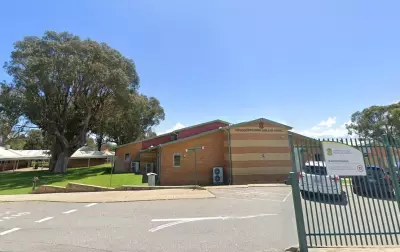
Western Australia's education sector is facing a digital ethics crisis following disturbing revelations of online harassment targeting an Indigenous author featured in recent Year 12 examinations.
The School Curriculum and Standards Authority has issued a stern warning to students and the broader community after the ATAR English exam sparked what officials describe as "inappropriate and unacceptable" cyber abuse directed at the examination's featured writer.
Exam Content Triggers Online Backlash
During the recent ATAR English examination, students were presented with texts from an Indigenous Australian author as part of their critical analysis requirements. Rather than focusing on academic discussion, some individuals took to social media and online platforms to launch personal attacks against the writer.
Education authorities were alerted to the situation when concerning comments and messages began circulating across various digital platforms, prompting immediate action from the curriculum governing body.
Official Response Condemns Digital Misconduct
In a strongly worded statement, the School Curriculum and Standards Authority expressed deep concern about the nature of the online abuse. Officials emphasized that while critical engagement with texts is encouraged, personal attacks cross ethical boundaries and demonstrate poor digital citizenship.
"The transition from academic critique to personal harassment is completely unacceptable," a spokesperson stated. "We expect all students and community members to engage respectfully with curriculum materials and their creators."
Broader Implications for Digital Literacy Education
This incident has reignited discussions about digital ethics education within the Australian curriculum. Many educators are calling for strengthened digital citizenship programs that teach students how to engage appropriately online, particularly when discussing sensitive or culturally significant content.
The controversy highlights the growing challenge schools face in preparing students for responsible digital participation while maintaining respect for diverse voices in literature and public discourse.
Moving Forward: Education and Accountability
Education departments are now considering additional measures to address online behaviour surrounding examination content. This includes potential revisions to digital ethics curriculum and clearer guidelines about appropriate engagement with authors and creators featured in assessment materials.
The incident serves as a stark reminder that digital footprints are permanent and that respectful discourse remains essential, even in the context of academic criticism and examination pressure.





